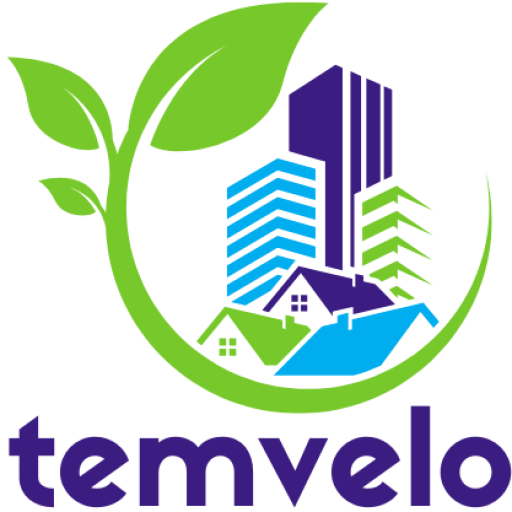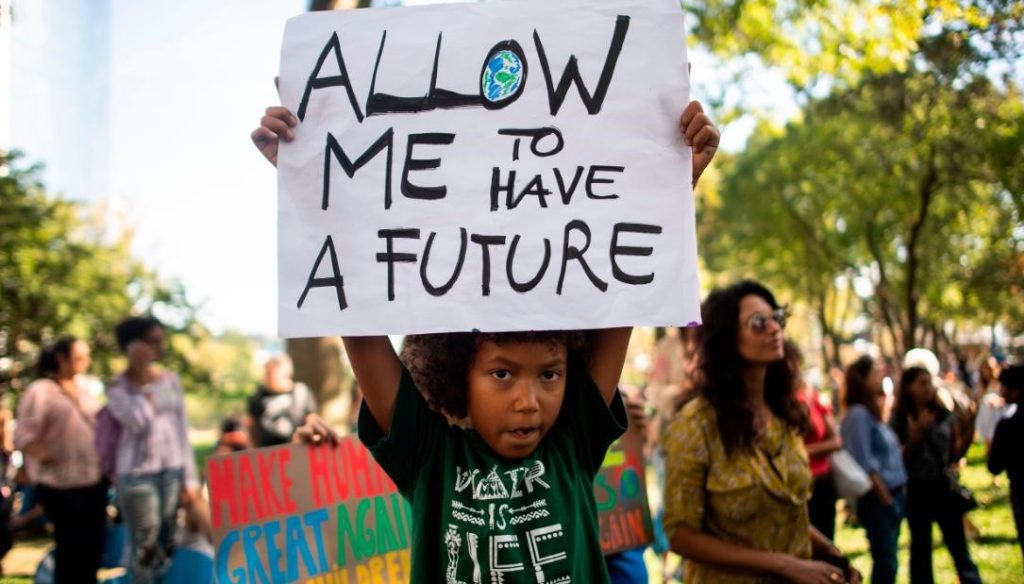

In the face of escalating climate change impacts, our initiative recognizes the urgent need for robust action that goes beyond traditional mitigation efforts. We stand at a critical crossroads where greenhouse gas emissions continue to rise, adaptation financing remains inadequate, and the most vulnerable populations bear the brunt of these changes.
Our mission is to empower these communities—particularly women, youth, and individuals with disabilities—by equipping them with the tools, knowledge, and resources needed to navigate the complexities of climate change. We believe that the voices and experiences of these groups are essential to creating inclusive and effective climate policies.

Why Focus on Women, Youth, and Persons with Disabilities?
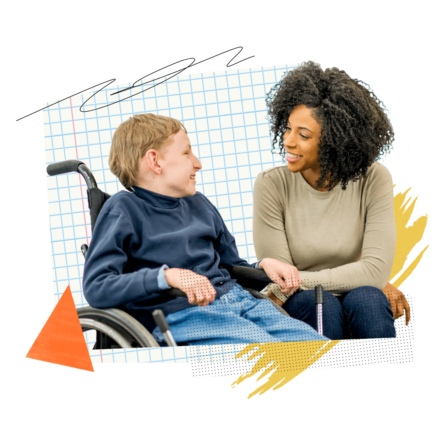
Women, youth, and individuals with disabilities often experience disproportionate impacts from climate change due to social, economic, and political inequalities.
Women are frequently the primary caregivers, and their roles in managing household resources make them crucial in climate adaptation strategies. Youth hold the potential to drive innovation and inspire change, yet they often lack the platforms to influence policy decisions.
Meanwhile, persons with disabilities face unique challenges that can hinder their ability to respond to climate-related risks.
Empowering Through Climate Negotiations
Our initiative prioritizes the inclusion of these groups in climate change negotiations at all levels. By fostering their participation, we aim to:
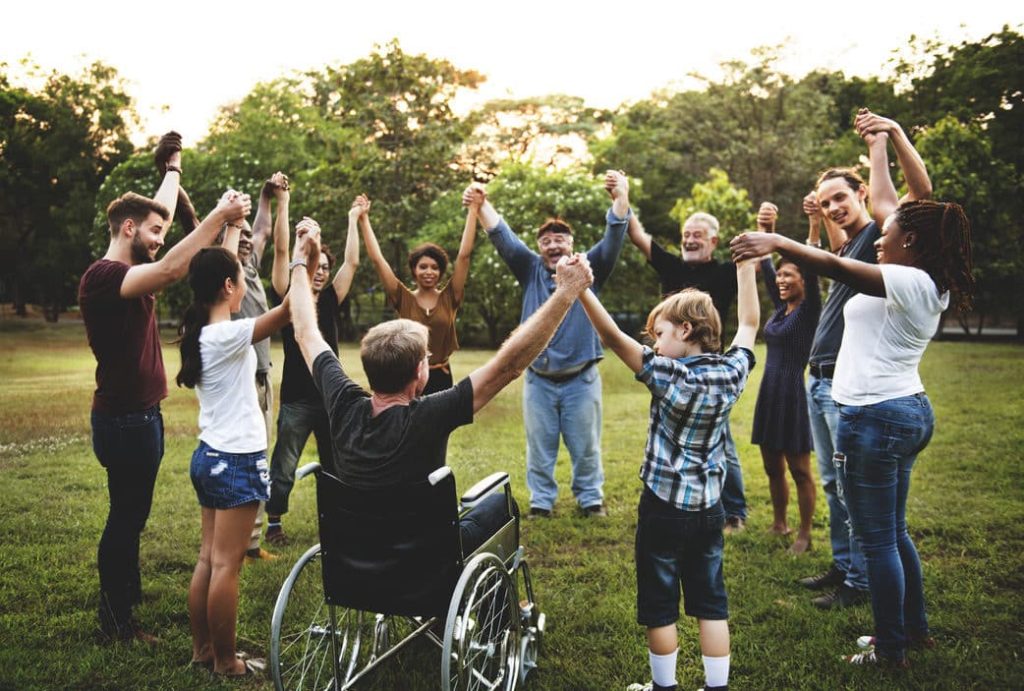
Raise Awareness:
Conduct educational programs that highlight the importance of climate negotiations, empowering women, youth, and persons with disabilities to understand their rights and responsibilities in these discussions.
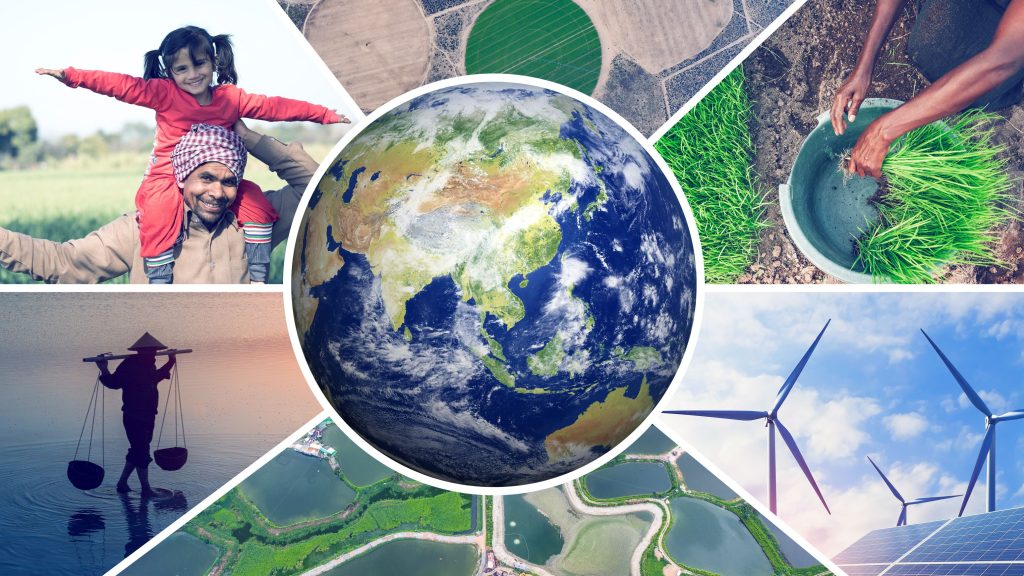
Capacity Building:
Develop targeted training sessions to enhance negotiation skills and climate literacy, enabling these groups to effectively advocate for their needs and perspectives in climate policy frameworks.
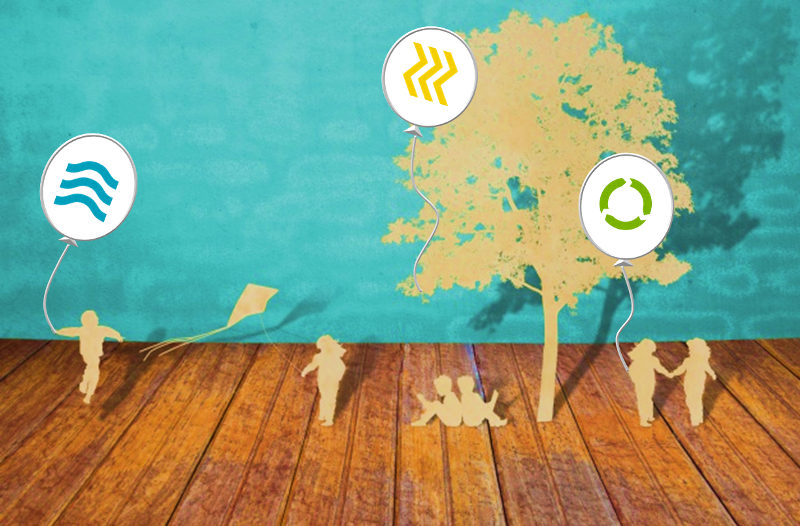
Access to Resources:
Facilitate connections to existing climate finance opportunities, ensuring that marginalized groups can secure funding for adaptation projects that directly impact their lives and communities.
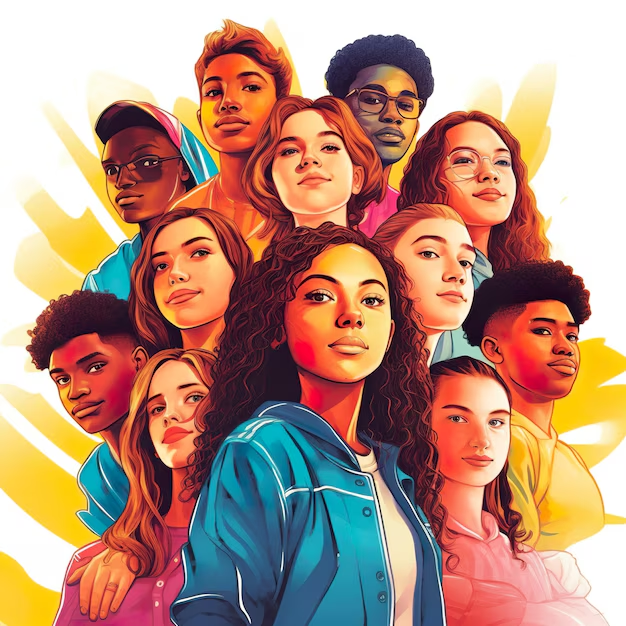
Representation:
Ensuring that the voices of women, youth, and individuals with disabilities are represented in national and international forums is crucial for a comprehensive and inclusive climate agenda. These groups bring unique perspectives and experiences that can significantly enrich discussions and decision-making processes related to climate change. Women often face specific vulnerabilities due to their roles in households and communities, while youth represent the future and possess innovative ideas for sustainable practices. Individuals with disabilities offer vital insights into accessibility and resilience, highlighting the importance of inclusive solutions. By actively involving these voices, we can foster a more equitable approach to climate action that not only addresses the diverse needs of all communities but also enhances the effectiveness and legitimacy of climate policies and initiatives. This representation empowers marginalized groups, ensuring that their rights and contributions are recognized, ultimately leading to more sustainable and just outcomes for everyone.

Networking and Collaboration:
Create platforms for these groups to connect with other stakeholders, including government officials, NGOs, and private sector representatives, fostering partnerships that enhance their influence in climate negotiations.

Building Resilience Through Inclusivity
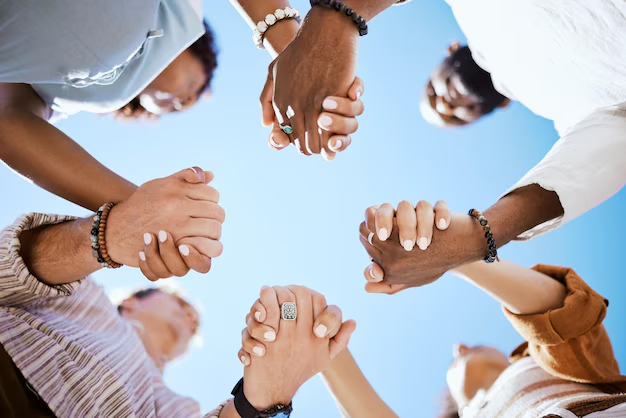
By actively involving women, youth, and persons with disabilities in climate negotiations, we aim to build a more resilient society. Their unique perspectives can lead to innovative solutions that address the multifaceted challenges of climate change. As these groups gain confidence and skills, they will not only advocate for their own rights but also contribute to community-wide resilience strategies.
